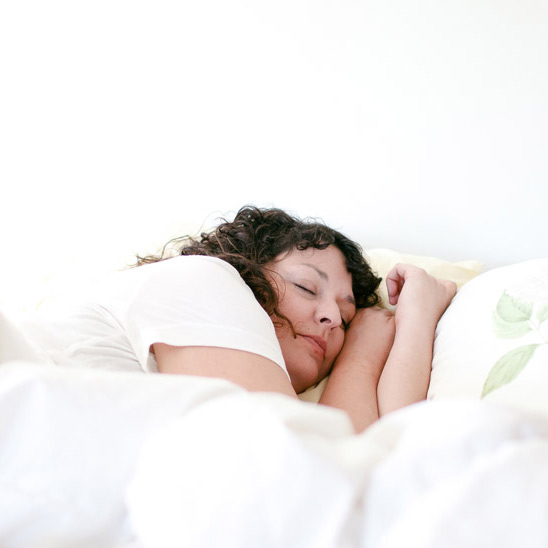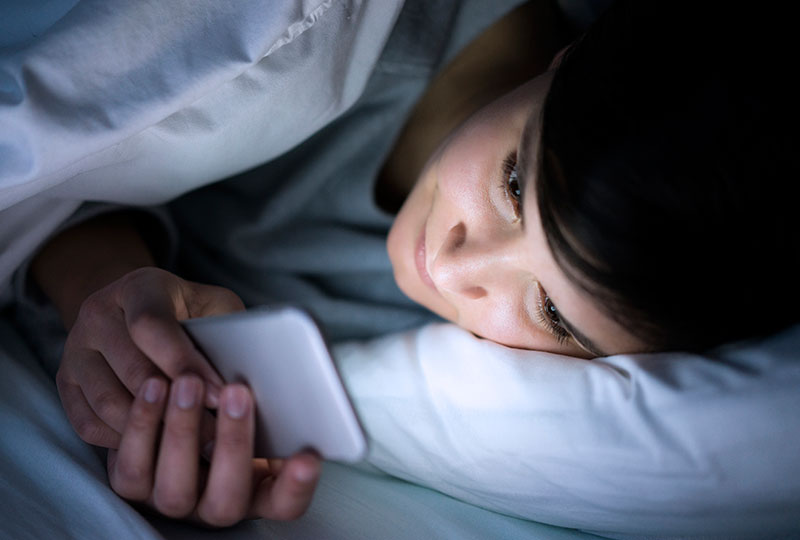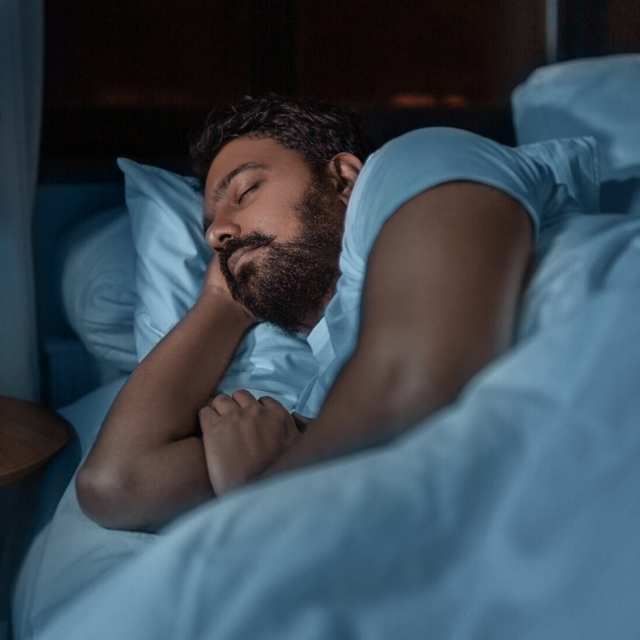We share some surprising reasons that you’re always tired.
Getting enough sleep—and good quality sleep—is so important for mental and physical health. As the National Sleep Foundation puts it, most adults need seven to nine hours of sleep per night to feel their best “and a lot depends on exactly what happens during those hours.”
Yet we tend to have certain behaviors that undermine good sleep, either because they keep us awake too late or they interfere with the quality of our sleep once we conk out.
Dr. Beth Ann Malow, director of the Vanderbilt Sleep Center, helps us identify some habits that may be affecting your sleep and making you feel always tired.
1. You’re eating too much, too late.
“Fatty foods or heavy meals late at night can contribute to stomach discomfort, resulting in poor sleep. Either avoiding eating after dinner, or having a light snack is best,” Malow said.
2. You’re drinking a nightcap.
Think that late-night glass of wine is helping your REM? Think again. Alcohol may make you sleepy, but it can also cause you to wake up during the night, Malow said.
3. You’re not consuming enough iron.
Iron-rich foods like red meat, beans and green veggies help promote healthy sleep, Malow said. So what happens if you’re deficient? According to Malow, low levels of iron can contribute to restless legs and leg kicks during sleep.
4. You’re drinking caffeine late in the day.
“In some people, caffeine in the early afternoon can still contribute to problems sleeping” at night, Malow said.
5. You go to sleep (and wake up) at different times.
“A consistent sleep schedule is important for getting natural brain chemicals, like melatonin, that promote sleep into sync,” Malow said. “If the sleep schedule varies too much from day to day, that can prevent your body from setting up a regular pattern for these natural brain chemicals to be released. Then they aren’t as effective.”
6. You’re glued to your phone (or your tablet, computer, etc.) before bed.
Malow suggests giving yourself an hour of screen-free time before you hit the sack, but even 30 minutes will help. She suggests having a nighttime ritual that transitions you from your tech to prep for sleep: “For example, say goodnight to the phone and then take a warm bath prior to sleep.”
7. You’re napping too long.
Twenty to 30 minutes is ideal: “That is because you can get a good dose of lighter stages of sleep without getting too deep into the deeper stages of sleep,” she said. “When you get into deeper stages of sleep and then wake up, you can be excessively groggy.” Also, avoid napping too late in the afternoon, which could make it harder to fall asleep when bedtime hits.
8. You don’t work out.
“Exercise is an excellent promoter of sleep,” Malow explains. Why? It makes you tired, decreases muscle tension and promotes relaxation. Malow recommends at least 20 minutes of vigorous aerobic exercise three times a week, adding that yoga and strength exercises can also help with relaxation and muscle tension.
9. You’re worrying too much.
Sometimes, your mind is to blame. “Worrying about what happened during the day and what will happen tomorrow are big contributors to insomnia,” Malow said. If that’s the case, she recommends engaging in mindfulness to calm the mind.

Personalized help for sleep
If you have sleep difficulties, including symptoms of apnea, talk with your health care provider about finding a sleep disorder program. Vanderbilt’s Sleep Disorders Center experts are dedicated to helping you overcome issues that interfere with the quality of your sleep so you can live a healthier life. Call 615-936-0060.




